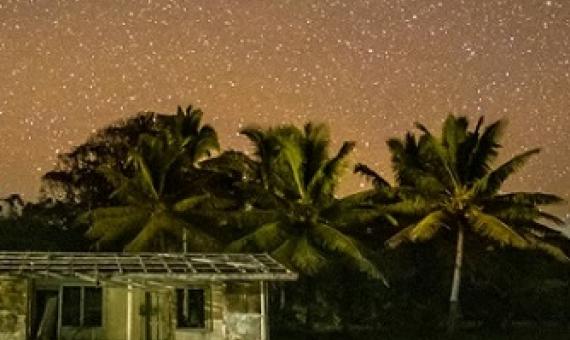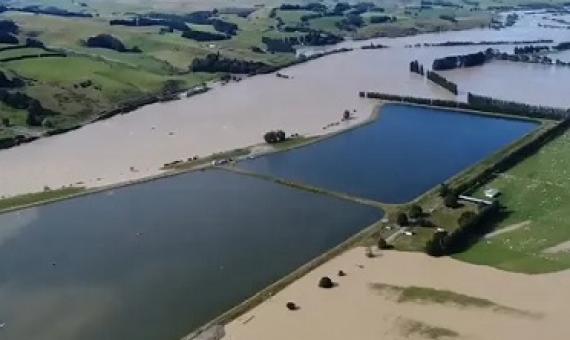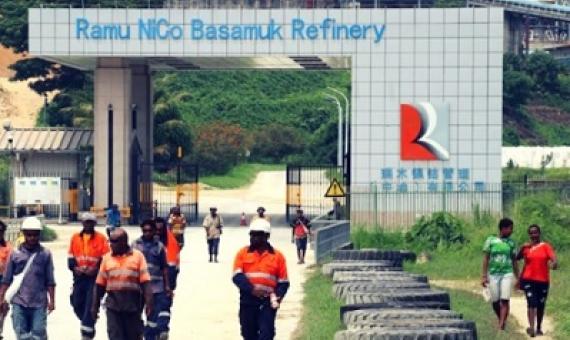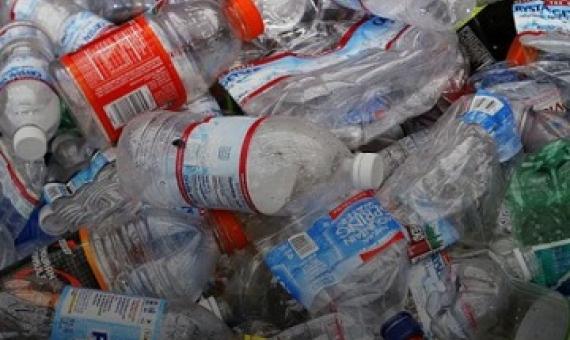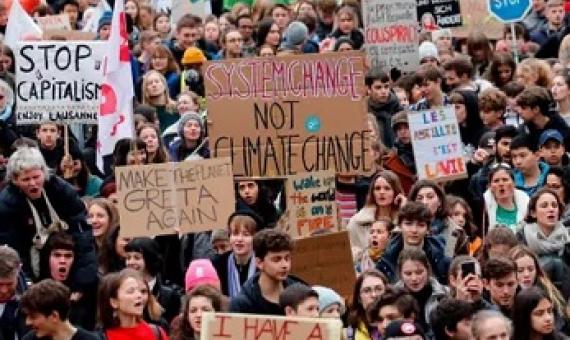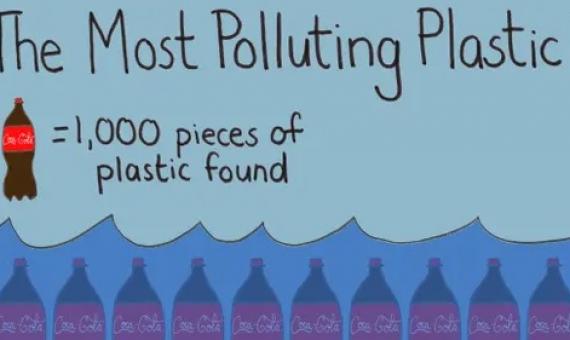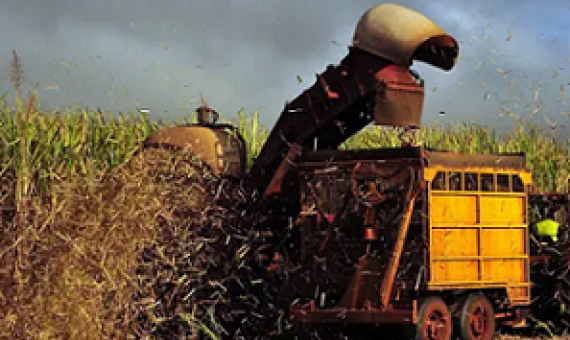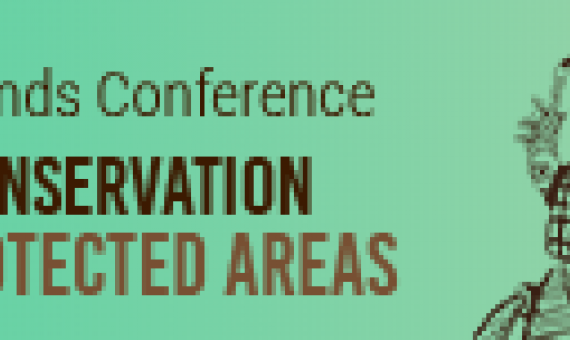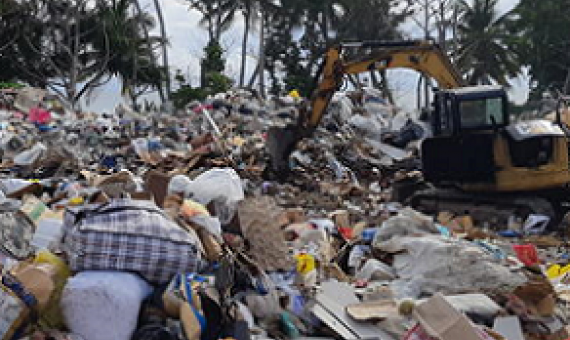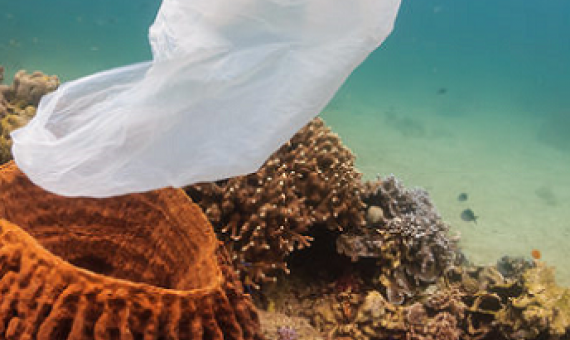This month the tiny Pacific island of Niue became the world’s first “dark sky nation.
New Zealand’s environment minister has threatened the mining conglomerate Rio Tinto with legal action over what he says is an “outrageous” failure to deal with toxic waste from an aluminium plant.
More than 7000 people from the Papua New Guinea province of Madang are suing a mining company for US$5.3 billion in damages.
As the world begins to move away from fossil fuels as a source of energy, Big Oil companies are investing heavily in hundreds of new petrochemical plants to ramp up plastic production. And growing plastic production will greatly increase greenhouse gas emissions.
World leaders and business chiefs meeting in Davos this week will be confronted for the first time with an agenda on which the climate and ecological crises take top billing.
Coca-Cola has been named the world’s largest polluter of plastics for the second year in a row, according to an audit conducted by Break Free From Plastic. The environmental justice group asked 72,541 volunteers in 51 countries to collect plastic waste.
The peak sugar cane industry group, Canegrowers, is using a $1.4m grant from the Great Barrier Reef Foundation to “set the record straight” about its environmental practices, while campaigning against Queensland government proposals for new pollution regulations.
Nominations are now being accepted for the 2nd Pacific Islands Environment Leadership Awards (PIELA).
A single use plastic ban and importation levy comes into force in Tuvalu from the beginning of August to help deal with waste in the small remote islands. Link to full article below.
A gradual restriction on the use of plastics starts in New Caledonia today. Per capita New Caledonians have reportedly used more than 200 plastic bags each year. Link to the full article below.

